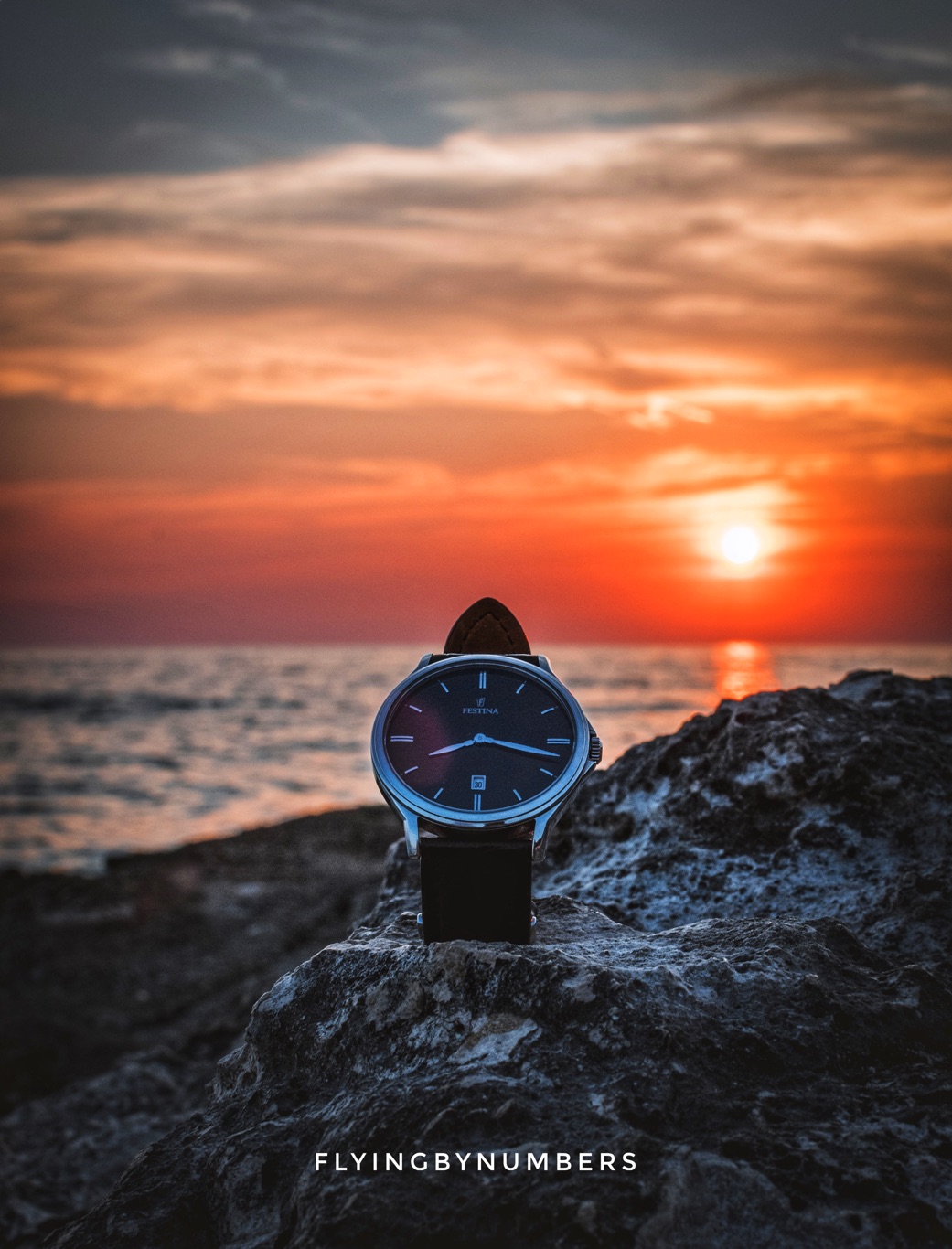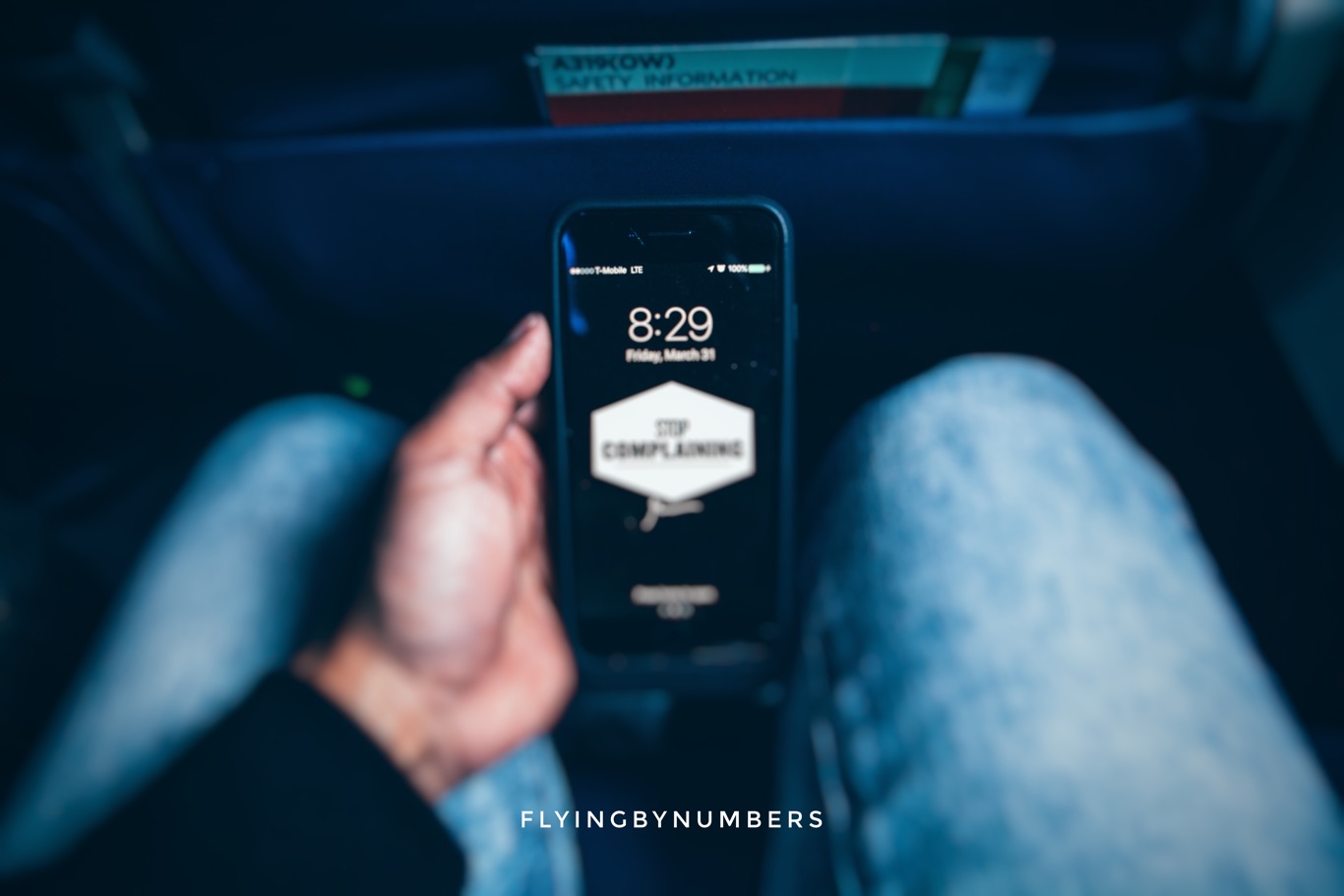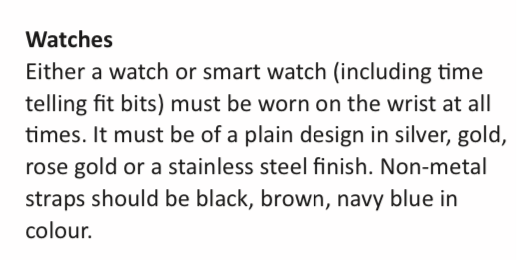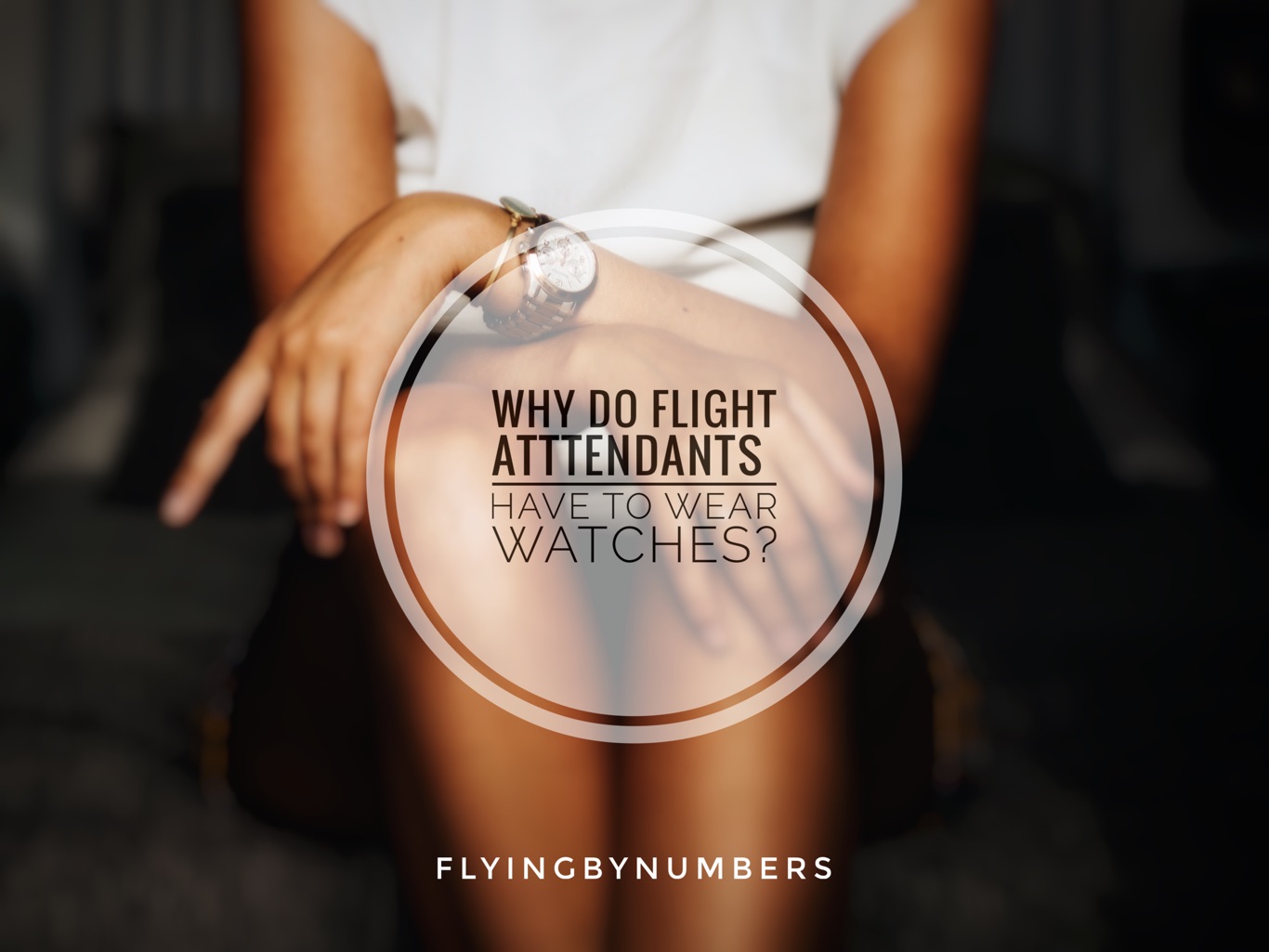Did you know that flight attendants typically have to wear watches?
Enforced in the uniform regulations of many airlines, flight attendants should be wearing a — colour appropriate! — timepiece. But why do airlines have this requirement?
Believe it or not, there are a few significant safety reasons!
In this blog post, we will explore some key reasons why airlines recommend that flight attendants should always be wearing a wristwatch. From timing normal operations to assisting pilots in critical emergencies, watches are an essential piece of gear for cabin crew!

Keeping time: Normal operations
For flight attendants, keeping close track of time is vital to ensure that they can complete their tasks efficiently.
Airline timings are hugely variable. And while everyone remembers the time they spent two hours on the plane waiting for takeoff, people often forget the time they zipped from the gate straight into the air.

A look at the normal operations of flight attendants explains why keeping track of the time is helpful, but it doesn’t explain why it’s critically important. So, why are watches mandatory? The real reason is safety.
Timing for safety purposes
More significantly, watches can play an essential role in assisting flight attendants during emergency or critical situations, and this is why airline uniform standards often make it mandatory for their flight attendants to wear watches.
Emergency procedures such as evacuations, ditching or medicals require accurate timing and coordination between crew members to ensure safety standards are maintained.
Here are 3 real-world examples where to-the-second timing is essential.
1. Depressurisation emergency drills
Fliers familiar with the safety briefing will know that in the event of an aircraft depressurisation, oxygen masks will drop from the ceiling.
What the safety briefing doesn’t explain is that after a mandated period of time, flight attendants will switch to portable oxygen and go and check on the pilots to ensure they are still alive!
Checking your phone for the time might cut it as a passenger — but as a flight attendant many airlines uniform guides prohibit mobile phones, and specify wrist watches must be worn.


2. Taking a pulse
Flight attendants are not just hired for the customer service skills. Cabin crew also have significant aeromedical training, and learn how to administer medication, use defibrillators, and even deliver babies!
In the air, a flight attendant’s primary duty is to help keep passengers safe, and to perform first aid roles — where timing can be essential.
We’ve previously discussed the career similarities between nurses and flight attendants, and like cabin crew, nurses also need to wear a watch for taking pulses and respiratory measurements.
3. Mandatory timings
Like any safety critical industry, aviation has a host of mandatory timings and procedures to follow. From the time it takes to secure the cabin for landing, to the minimum duration flight attendants must make emergency landing announcements such as “Brace Brace” — mandatory timings are a large part of why airlines ensure flight attendants have timepieces.
Did you know that in many airlines, the flight attendants must contact the pilots every 30 minutes once airborne? For senior cabin crew members — sometimes referred to as pursers — they must contact all of their crew, and the pilots, hourly.
Summary
Flight attendants are used to having strict uniform standards they must adhere too. At a first glance, these requirements seem to solely relate to appearance, such as being banned from having piercings, or having to wear certain shades of makeup.
However, scratch beneath the surface and we can see that some uniform rules have a safety focus behind them — wristwatches being a key example.
As you can see, watches are a critical piece of gear for flight attendants. From timing normal operations to assisting pilots in critical emergencies, having an accurate timepiece is essential — and why airlines typically make wearing a wristwatch a requirement for all flight attendants.





